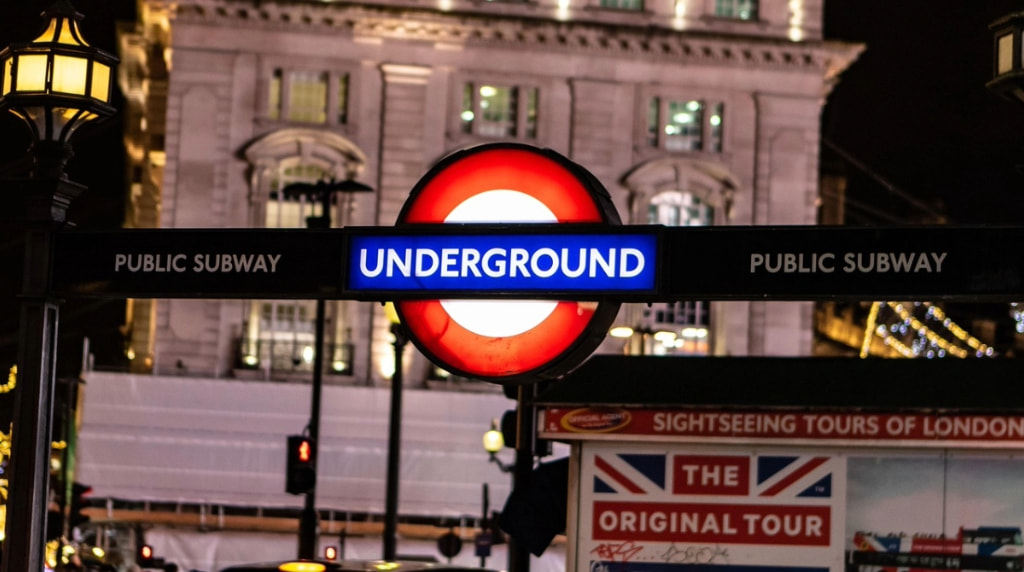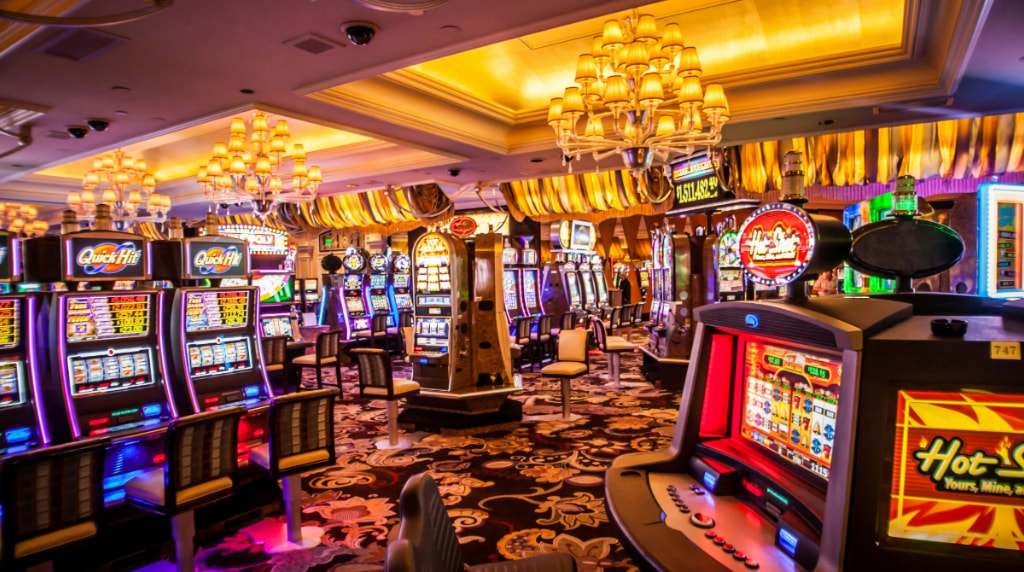GGL receives 78 applications for slots and poker as new German gambling regulator
As the new year begins, the gambling markets in Germany will now be under the regulation of the Gemeinsame Glücksspielbehörde der Länder (GGL). A press conference was held on January 10th to mark the beginning of operations under the GGL after an 18-month period during which a lot of development work has been done to shift gambling regulation responsibility from individual federal states to the joint gaming authority of GGL.

The GGL will be the first instance of a centralized iGaming authority in Germany. ©Ibrahim Boran/Unsplash
Last month, the former regulator of the German gambling sector – the Gambling College – hosted a get-together with board members to symbolically hand over its responsibilities to the GGL. Saalestadt-based GGL will now monitor and regulate all gambling activities taking place across the 16 federal states of Germany. This will include receiving license applications from various operators and issuing the licenses if the operators meet all the prerequisites of offering gambling services in the country.
This will be the first time that online gambling activity in Germany will be regulated by a central authority. The GGL has received 78 applications for a license for slot machines and online poker. Almost all these applications have received green lights, although just 25 operators from that list are on the official whitelist. The only reason behind the absence of the other operators from this whitelist is because their security deposits have not been transferred to the GGL yet.
Applications grow in Germany
A total of around 3,500 applications have been submitted for individual gaming licenses for online poker and virtual slot machines in Germany to date. Out of these, around 600 licenses have been issued to operators after a thorough background and paperwork check by the federal states till the end of last year. The responsibility of this task from here on in will be GGL’s. The previous regulators of the 16 federal states also received applications for sports and horse betting, and many of them have received approvals till the end of last month.
The CEO of GGL, Ronald Benter, disclosed the reasons behind rejecting applications for gambling licenses. According to Benter, it is not always because of the operator’s non-compliance with the gambling laws of the nation. Applications are often rejected because of simple reasons like the absence of instructions in the German language. Benter has encouraged operators who intend to expand their presence by entering the German markets to coordinate with the new authority to create an attractive legal gambling market.
The Fight Against Illegal Gambling
The GGL has taken full gambling supervisory responsibility for the nation this year. However, its fight against unlicensed operators and illegal gambling has been on since July 1st, 2022. Ever since then, the Authority has filed almost 300 cases against illegal gambling and advertising of unlicensed operators. In addition to that, about 1,150 unlicensed gambling websites were detected by the GGL. The Authority acted on it instantly after detection by contacting these unlicensed operators, after which their offers and advertisements were removed.
The new gambling regulator of Germany has initiated over 60 prohibition proceedings. The GGL has also filed over 30 criminal charges. Furthermore, the German regulator is using payment and network-blocking functionalities for the first time. GGL board member, Benjamin Schwanke, specified that one of the most important factors for the regulatory body is the transparency of communication with internet service and payment service and providers. This move has forced several providers to pull out of businesses that are related to unlicensed gambling operators.
Due to that, depositing any fund on unlicensed gambling websites and portals has become an almost impossible task. Because of the new payment and network blocking instrument that has been brought into the picture by the GGL, one of the largest operators of the country has fallen into the crosshairs of the Authority. GGL initiated six procedures against the Lottoland Group in October 2022. Currently, the Authority is combating illegal gambling with one hand tied behind its back.
The courts of Germany are still in the process of reviewing the administrative files of the new German regulator. Hence, the detected illegal sites are yet to be blocked in the country. Last month, GGL received a small boost when two administrative courts of the country gave them a thumbs up for blocking the websites of unlicensed operators. According to Schwanke, this was a crucial step of judicial confirmation for network blocking. The Authority awaits decisions from the other administrative courts and expects a positive response from them.
GGL’s Target For 2023
The role of the GGL will be the same as any other supervisory authority around the world. Apart from issuing licenses to competent operators, the Authority will continue to keep a strict eye on the gambling market of Germany. The searchlights will not just be on unlicensed operators trying to creep into the regulated markets but also on the actions of the legal ones. Benter confirmed that the Authority will not hesitate to revoke the licenses of operators if they were to be involved in serious violations.
Benter also expressed that GGL wanted to level the playing field for all operators, ensuring that lucrative business models of unlicensed operators become unfavourable in the market. Adding to that, Schwanke added that the GGL will not hesitate regarding enforcement. All operators that are not on the Authority’s whitelist will be contacted, irrespective of their stature and size in the global gambling markets. To make this process efficient, the regulator intends to set up an exclusive public prosecutor’s office in Halle.
Another important subject falling under the umbrella of GGL in 2023 will be the protection of the nation’s gambling participants as well as studying, analyzing, and fighting gambling addiction. The Authority will also look to develop and contribute to the addiction prevention program or activity in the country.



